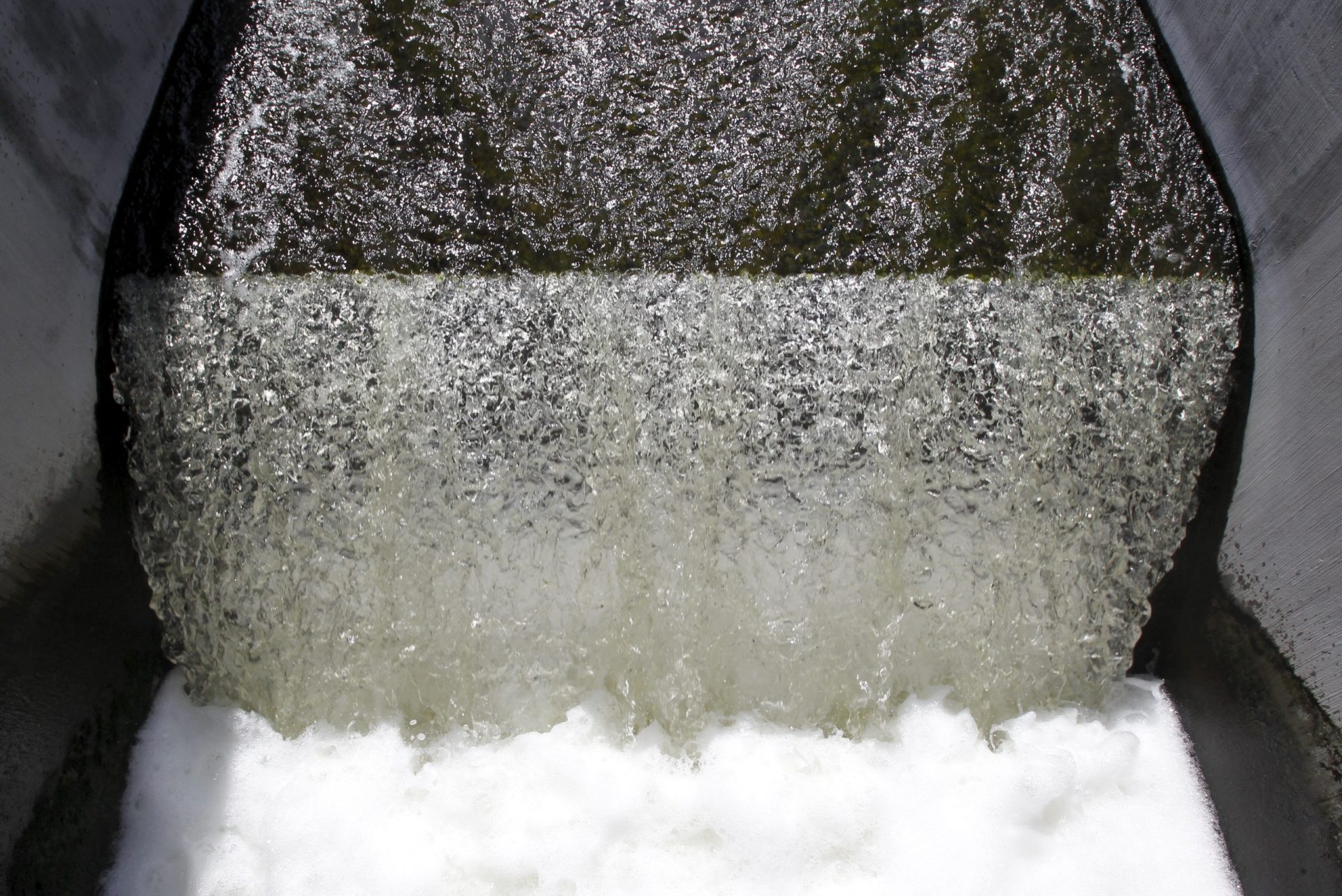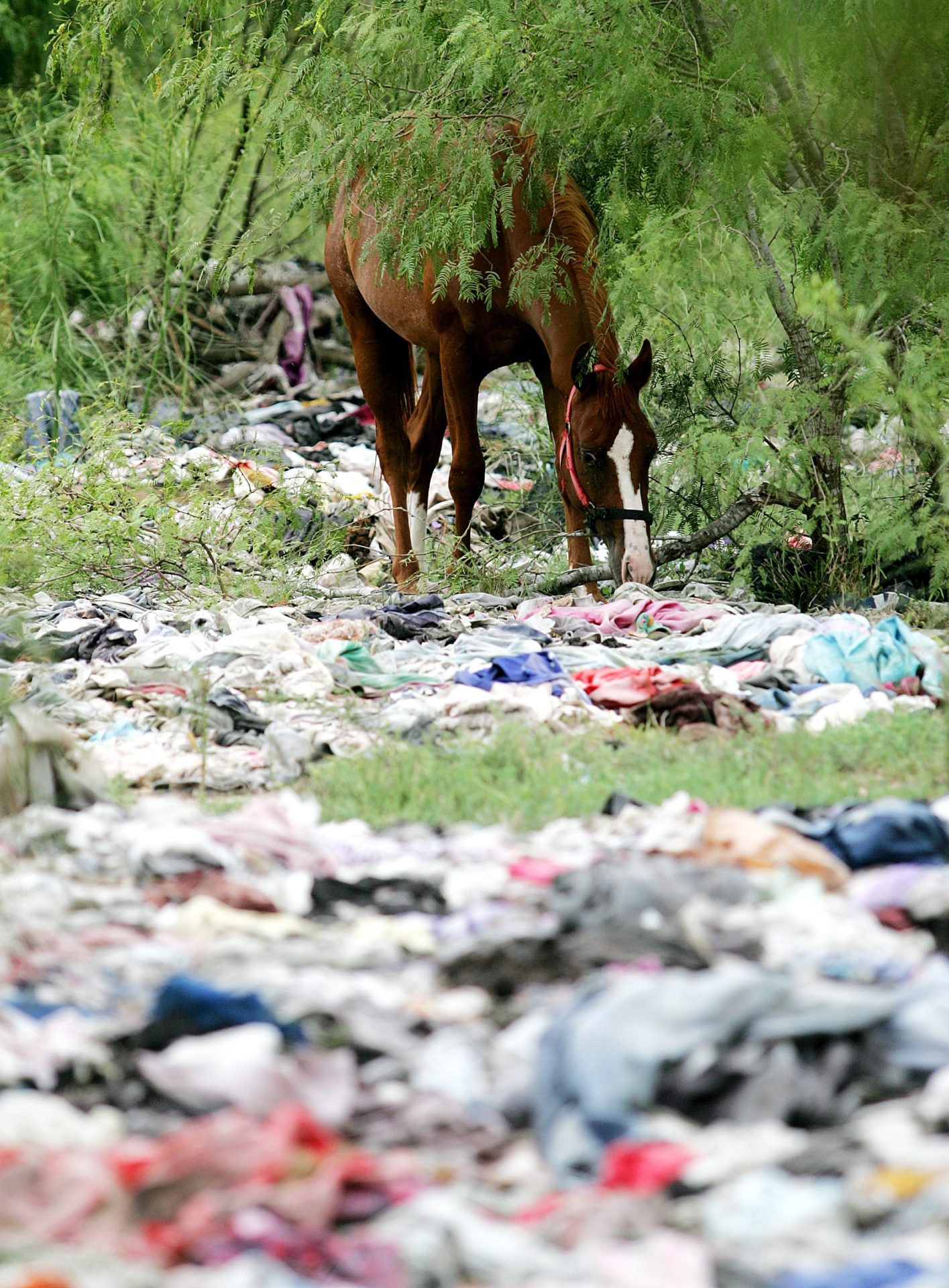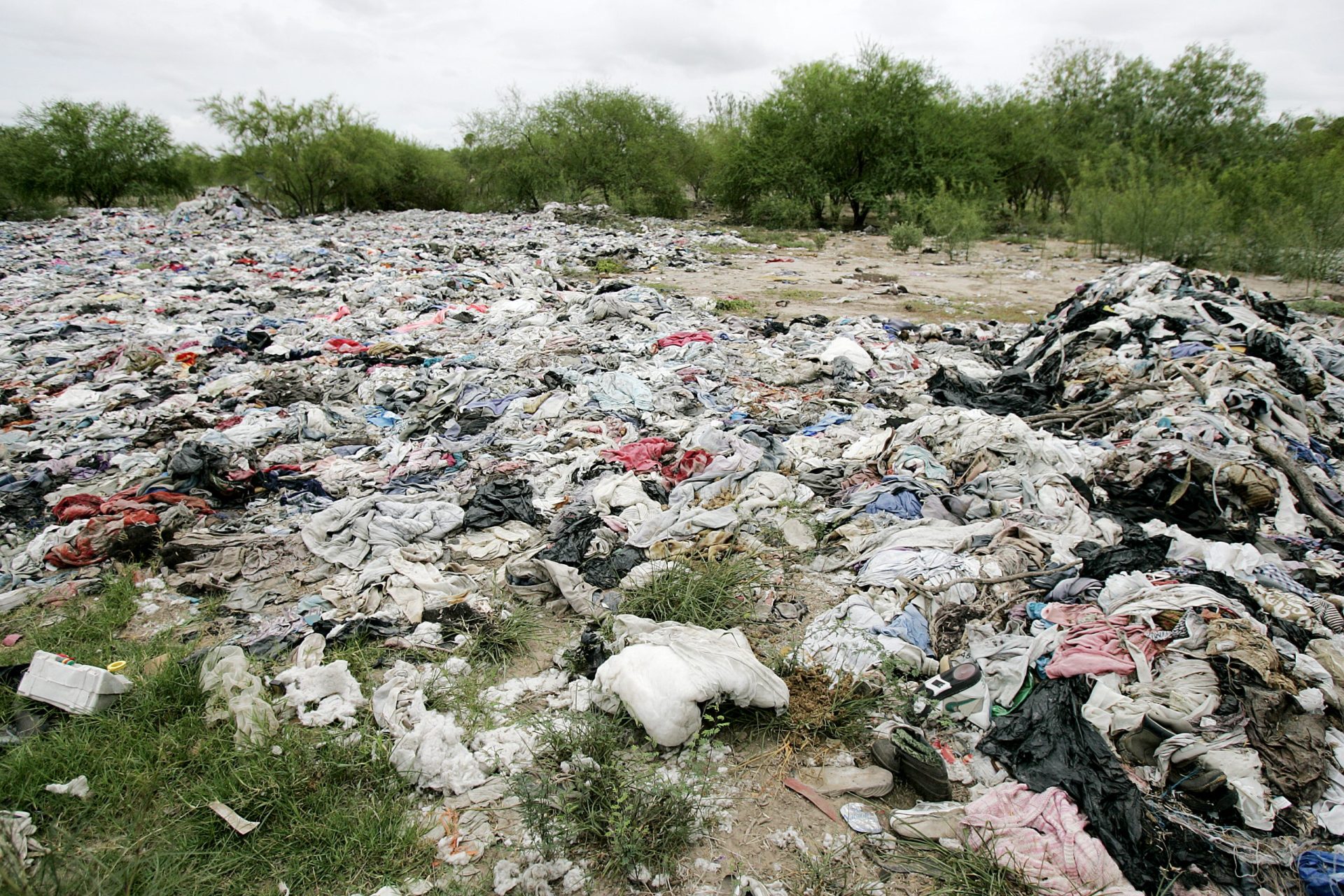A report compiled during meetings with colonia residents during the pandemic and presented before Hidalgo County officials last week helped open discussion and plan improvements for colonia residents struggling with long-standing challenges.
Community-based organizations, which comprise the Rio Grande Valley Voces Unidas Health and Housing working group, overcame obstacles posed by the pandemic to meet with residents in each of the precincts of Hidalgo County starting in September 2021. The project report was a product of funding from the Methodist Healthcare Ministries of South Texas, a private, faith-based nonprofit organization focusing on healthcare for the uninsured in South Texas.
They focused on three issues: septic systems, illegal dumping and quality of drinking water.
“When we got the information back, and we shared it with a community, they were a little surprised,” Amber Arriaga-Salinas, Proyecto Azteca’s assistant executive director, said of the results of the water testing. Her organization was part of the efforts.
A laboratory tested water samples from two households in each of the four Hidalgo County precincts, at $260 per sample, for a total of eight samples collected from colonias Olivares, La Mesa, Little Mexico, South Tower, Dude Hill and Muñiz.
The samples were examined for E. Coli, coliform, as well as a group of eight heavy metals listed in the Resource Recovery and Conservations Act: arsenic, barium, cadmium, chromium, lead, mercury, selenium and silver. These heavy metals are extremely toxic even at small concentrations, and therefore are monitored closely by the Environmental Protection Agency.
Water tests found no E. Coli or coliform in the samples. The other eight metals were found to be within tolerable levels. Although the samples represent less than 1% of homes, they show promise, the report noted.
Many of the colonia residents who were concerned with the quality of their water reported a bad smell, especially after a flooding event that made their septic tanks overflow.

Several meetings were held with residents to address the problems posed by septic systems, including two prevailing issues that have existed for years among colonia residents dependent on them.
Much of the land colonias were built upon are low-lying areas created to pool water for irrigation. Paired with the geology of the area with its dense, sticky, gray clay, rainwater can take a while to percolate through the ground.
They also found that insufficient education of septic tanks and proper maintenance often leads to improper use, like relying on a small tank for a large family.
While hooking up to a sewer service is an alternative to septic tank use, it’s costly and complicated to find the companies designated for the home address.
“This process would be hard for a person with an advanced degree to follow,” the report stated. “Just imagine the challenge this would present to a person with an eighth grade education who does not speak English.”
After the septic tank meetings where attendees were shown the cost would be similar for septic systems and sewer connections, many residents signed up to meet with water supply companies to learn about their costs and process for obtaining service.

Initial connection costs are the primary barrier, but some companies receive grants to cover the cost. For those who can’t afford it, the cost is prohibitive.
Arriaga-Salinas said they found water supply companies were attentive to the conversation.
“I think they were trying to figure out their role, although they were very open to just hearing what the community needed and wanted,” Arriaga-Salinas said.
Some companies explained they wanted to apply for federal grants, but would need to learn the process. One company, Arriaga-Salinas added, expressed interest in finding the cost attached with expanding their services to homes currently out of their network.
Aside from water quality and septic systems, the report also highlighted the need for more education surrounding illegal dumping.
“I think that they’re kind of at their wit’s end too, with illegal dumping,” Arriaga-Salinas said, referring to the drainage district in Hidalgo County.
Illegal dumping poses multiple safety and health hazards.
“Every time it rains, the septic tank liquid surfaces and my property smells bad. I am afraid that it is contaminating the water coming out of my tap,” a resident told those conducting the survey.
Aside from the low-lying land and soil composition, solid waste clogging canals, streets, yards and the brush further traps water in colonias.
Drainage district staff educated colonia residents at the meetings held by the community organizations during the pandemic.
“They took questions, and they were just really patient with the community. I think that’s the only way that that issue will get solved is if we’re all in communication,” Arriaga-Salinas said.
The report concluded with recommendations to help make progress on the areas studied.

They recommend the continuation of education for proper septic systems and sewer line maintenance, testing water samples if they detect a certain color or smell, and how to report illegal dumping.
They also encouraged water supply companies to seek funding to cover more initial sewer connections, to provide annual water reports and other information in Spanish, not just English, and to conduct water tests in at least 30 homes in their service area each year, as required by law.
Another recommendation was to develop a simple method to help families figure out what water supply companies service their areas and the process to get sewer services.
Residents also shared input and made suggestions to help clean up their neighborhoods including: charging fines for abandoned cars or donating them; partnering with universities to help clean colonias; paying community members to transport garbage to the dump; creating rules and regulations on what residents can have on their lots; and working with precincts to create programs for colonia cleanup and/or trash removal.
Arriaga-Salinas said the report is a stepping stone toward the direction of progress.
“We’re really excited to continue working with everyone that we have already worked with,” she said, emphasizing future collaboration between the county, companies, and community.




